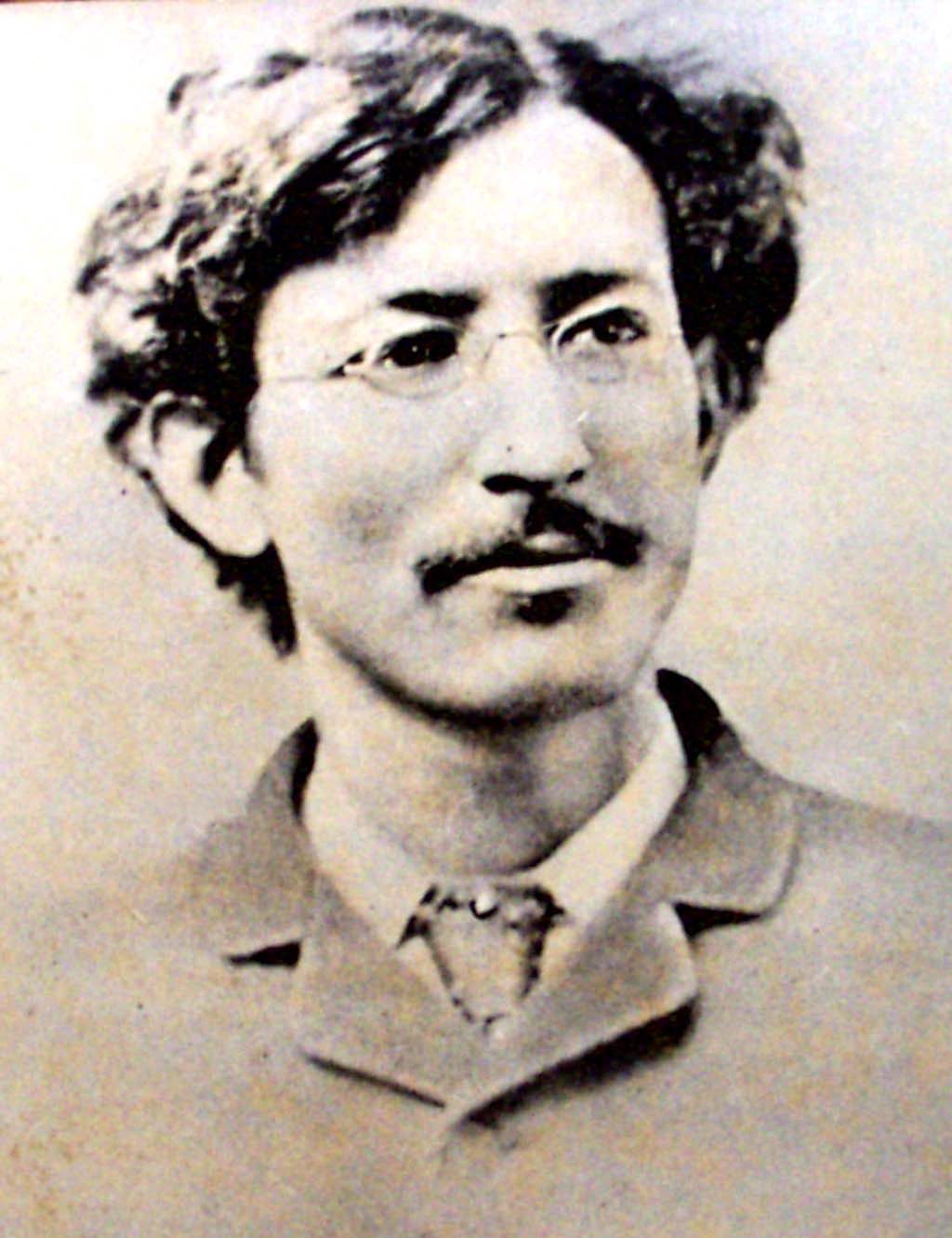T. Thomas Fortune—African American journalist, editor, and writer—was born into slavery on October 3, 1856 to Sarah Jane and Emanuel Fortune. Raised in Marianna, Florida, as a child he witnessed the politically-motivated violence of the Ku Klux Klan. Despite minimal formal education, Fortune worked in print shops during his childhood. Moving north in 1874, he worked as a customs inspector in Delaware’s eastern district before briefly enrolling in Howard University in 1876. Deciding he would become a journalist, Fortune left Howard less than a year after he arrived.
His first newspaper was the People’s Advocate, based in Alexandria, Virginia, founded in 1876. After marrying Carrie C. Smiley and having his first child, Fortune moved to New York. In 1881, he established the The New York Globe newspaper. Although he changed the paper’s twice (first to the The New York Freeman, then to the New York Age), this publication survived until 1960, long after Fortune’s death.
The condition of black people in the southern United States became his primary concern, and the press was his weapon to change those conditions. By 1887, he had established himself as the most prominent black journalist of the time. In 1889, after the The New York Freeman became the New York Age, it emerged as one of the most influential black newspapers in the nation. Fortune remained editor of the Age until 1907.
During these two decades, the crusading journalist also gained fame as an activist who was uncompromising in his defense of the rights of African Americans. In 1887, he organized the National Afro-American League to secure the defense of the black community against lynching, riots, and other terrorist violence. Organized at the state and local level, these branches of the League served as a model for later civil rights organizations such as the Niagara Movement, founded in 1905, and the National Association for the Advancement of Colored People (NAACP), established in 1909.
Fortune saw himself during this period as a proponent of racial equality and integration. Still, he recognized Booker T. Washington’s accomplishments in the South where calls for equality and integration were still impossible to realize. By 1899, Fortune was drawn increasingly into the political orbit of the Tuskegee, Alabama founder. He frequently wrote essays, editorials, and speeches that bore Washington’s name. By 1901, after his relationship to Washington became generally known, Fortune was ridiculed in both the black and white press and his usefulness to the Wizard of Tuskegee (as Washington was known) was over. Washington ended their relationship in 1907 when he supported Fred R. Moore’s acquisition of the New York Age.
Despite intermittent bouts of mental illness, Fortune regained a position with the New York Age in 1911 and remained there until 1914. By this point, Fortune declared that he felt a greater spiritual kinship with Frederick Douglass and regretted his association with Washington.
Fortune’s career in journalism was rescued a third time when at the age of 67 he was made editor of Marcus Garvey’s Negro World, the official newspaper of the Universal Negro Improvement Association. He held that position until his death.
T. Thomas Fortune died on June 2, 1928, in Philadelphia, Pennsylvania. He was 72.

